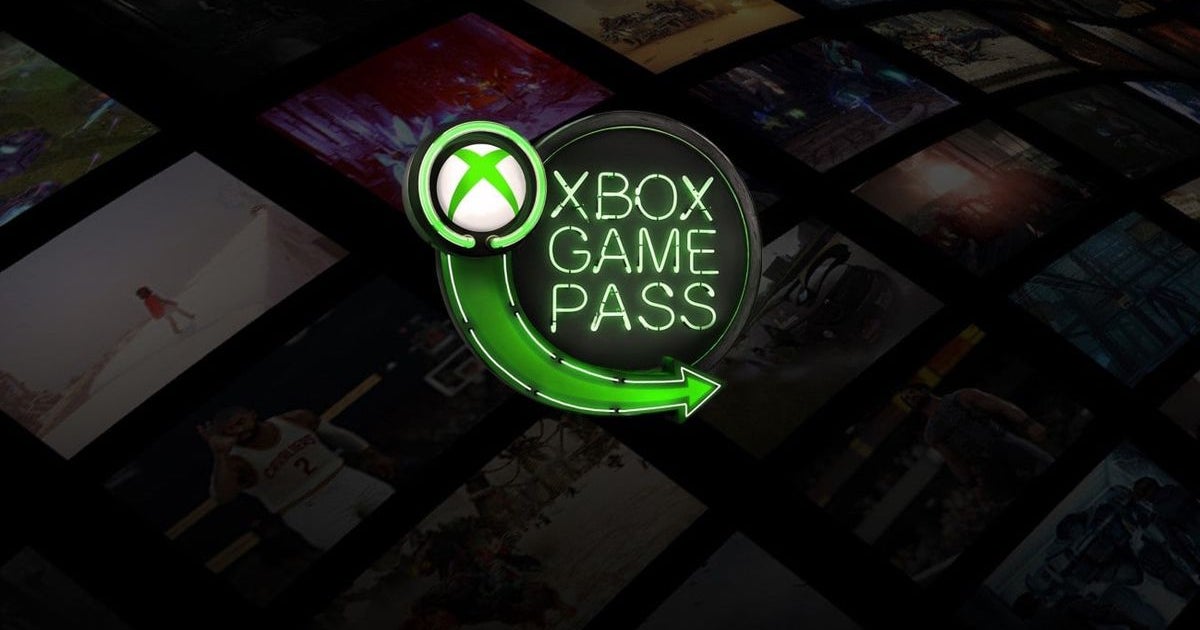"OnLive, for example, they said, 'You can have your game on our service, we're going to attract a lot of customers, and we're going to deliver you money based on how many hours people play your game.'
"Now, at Paradox we love that business model, because people play our games for 3,000 or 4,000 hours... While the Game Pass model -- to us -- is still a decent model, but we think we're not getting paid enough, because people play our games more than they play very single-player, narrative-driven games."


